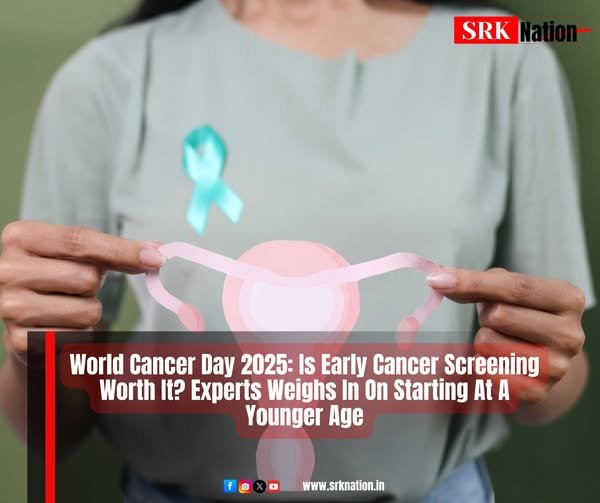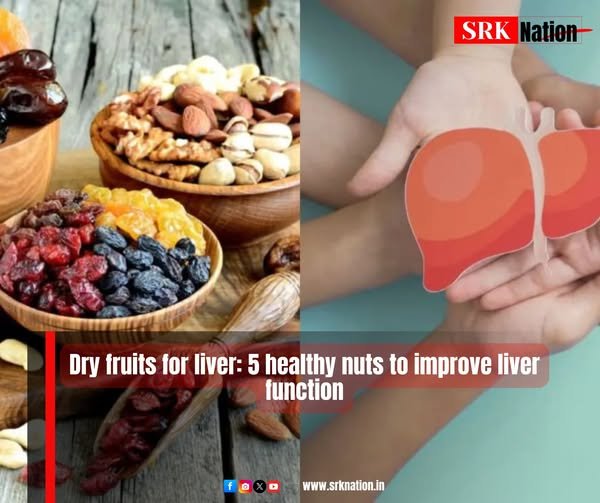According to Dr. Gaurav Dixit, Unit Head – Haemato Oncology, BMT, Haematopoietic Stem Cell Transplant, Hematology, Artemis Hospitals, a significant number of the young population are also getting diagnosed with cancer at a very young age.
Dr. Gaurav Dixit, Unit Head – Haemato Oncology, BMT, Haematopoietic Stem Cell Transplant, Hematology, Artemis Hospitals
February 4 is observed every year as World Cancer Day to raise awareness regarding the dangerous disease, inform people regarding its treatments, options available for patients, government initiatives and encourage people to stay strong and hope for the best recovery even in severe cases.
According to Dr. Gaurav Dixit, Unit Head – Haemato Oncology, BMT, Haematopoietic Stem Cell Transplant, Hematology, Artemis Hospitals, a significant number of the young population are also getting diagnosed with cancer at a very young age. This number has been increasing every year. This raises the question regarding whether or not the younger population should also start getting routine cancer screening. Doctor says these can not only prevent the disease but early detection can also cure it.
Increased Cancer Risks in Younger Age Groups
Factors that are behind the rise in cancer instances in youngsters are genetic, environmental, and lifestyle. Doctor Gaurav Dixit says, “In some cases, genetic mutations (such as in the BRCA gene) put individuals at increased risk of cancer, including early-onset breast or ovarian cancers. Exposure to radiation, carcinogens, and viral infections like HPV is an important environmental contributor. Lifestyle choices, such as smoking, alcohol consumption, poor diet, and lack of physical activity, can increase the risk of developing cancers like lung, colorectal, and liver cancer. Some inherited conditions, like Lynch syndrome, increase the risk of early-onset cancers, which require early screenings.”
Why Is Early Detection Beneficial?
Early cancer detection is important because it significantly improves the outcomes of any treatment and the possibility of survival in the patient. Cancer diagnosed early is more often confined, having the possibility of being treated surgically, by chemotherapy, or by radiation therapy. Screening through mammograms, colonoscopies, and Pap smears may identify abnormalities or genetic mutations and can be addressed early on with less complication.
In essence, early detection of cancer is essential to improve survival rates and the effectiveness of treatment. Screening, personalized care, and timely interventions are all important factors in managing cancer and improving long-term outcomes.

See insights and ads
Like
Comment
Send
Share






